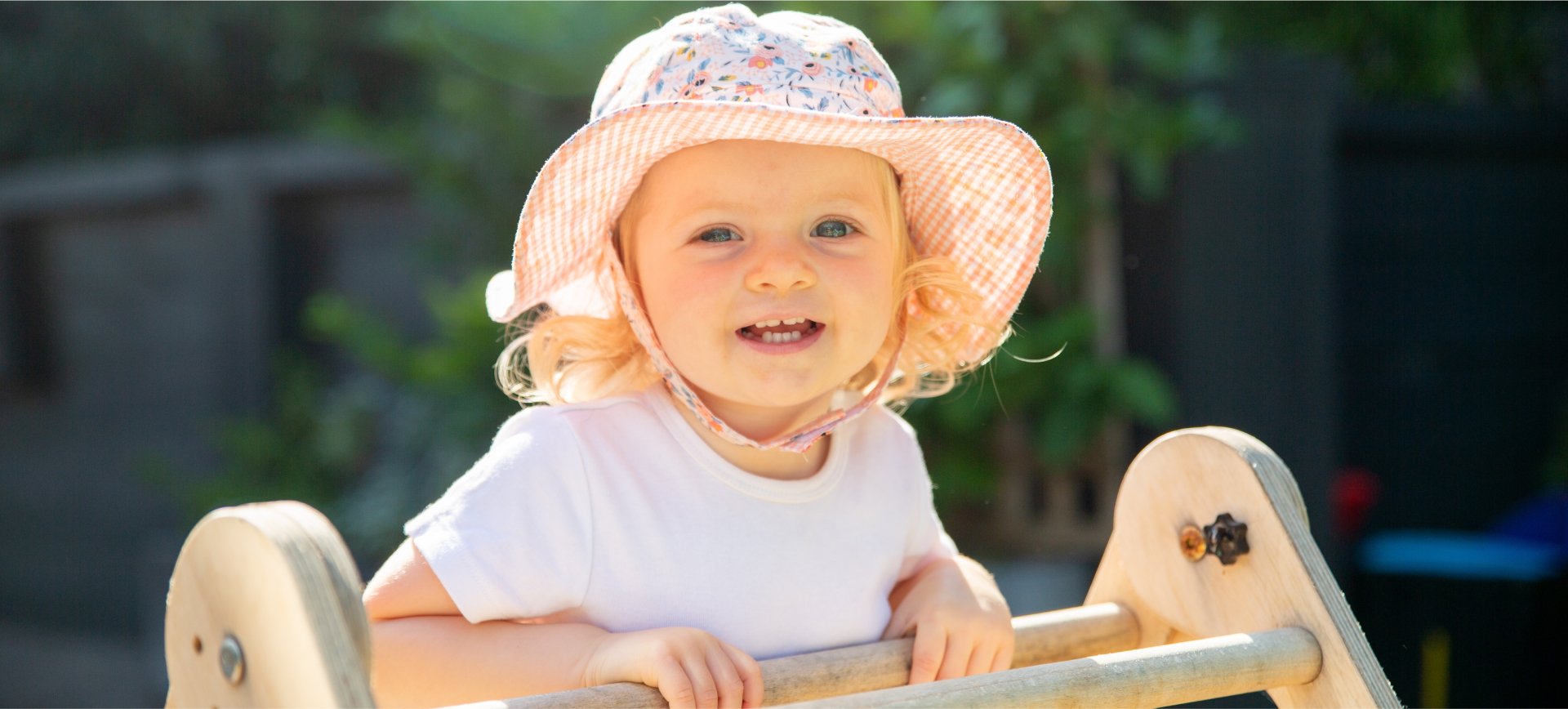
Education Philosophy
St Luke’s children learn through play, inquiry-based learning. When our children enter our 4 year old program we introduce literacy, numeracy, music, arts and library experiences. At St Luke’s we foster and embody Christian values in an environment that nurtures peace and acceptance as well as learning success within a safe, caring, stable and protective environment that caters for individual needs. Its our role to work with your family in the development of your child.
The Reggio Emilia approach is based on:
- Respect, responsibility and community
- Value exploration and discovery
- A supportive and enriching environment
- A self-guided curriculum.
The principles being:
- The child is capable of constructing his/her own learning.
- The community is important and children learn by collaborating with their families.
- Humans are natural communicators and children should be encouraged to express themselves.
- Teachers and partners, nurturers and guides to children and help them explore their interest through projects.
- A child’s learning must be documented.
- Parental participation is vital.
Enrichment Programs
At St Luke’s we have a structural and quality process in place to support effective and visionary service provision across all areas of the National Quality Standards (NQS). To create and sustain high-quality environments for children requires pedagogical knowledge of what to teach (curriculum) and how to teach (pedagogy), with both the knowledge and competence facilitating optimal outcomes for children. The skills and traits of our outstanding educators ensure that they effectively facilitate high-quality learning practices and improved children’s outcomes that include:
- A sound understanding of child development and learning
- The ability to identify and extend upon children’s perspectives
- The ability to praise, comfort, question and be responsive to children
- Leadership skills, problem solving and development of targeted lesson plans
- A good vocabulary and ability to elicit children’s ideas
